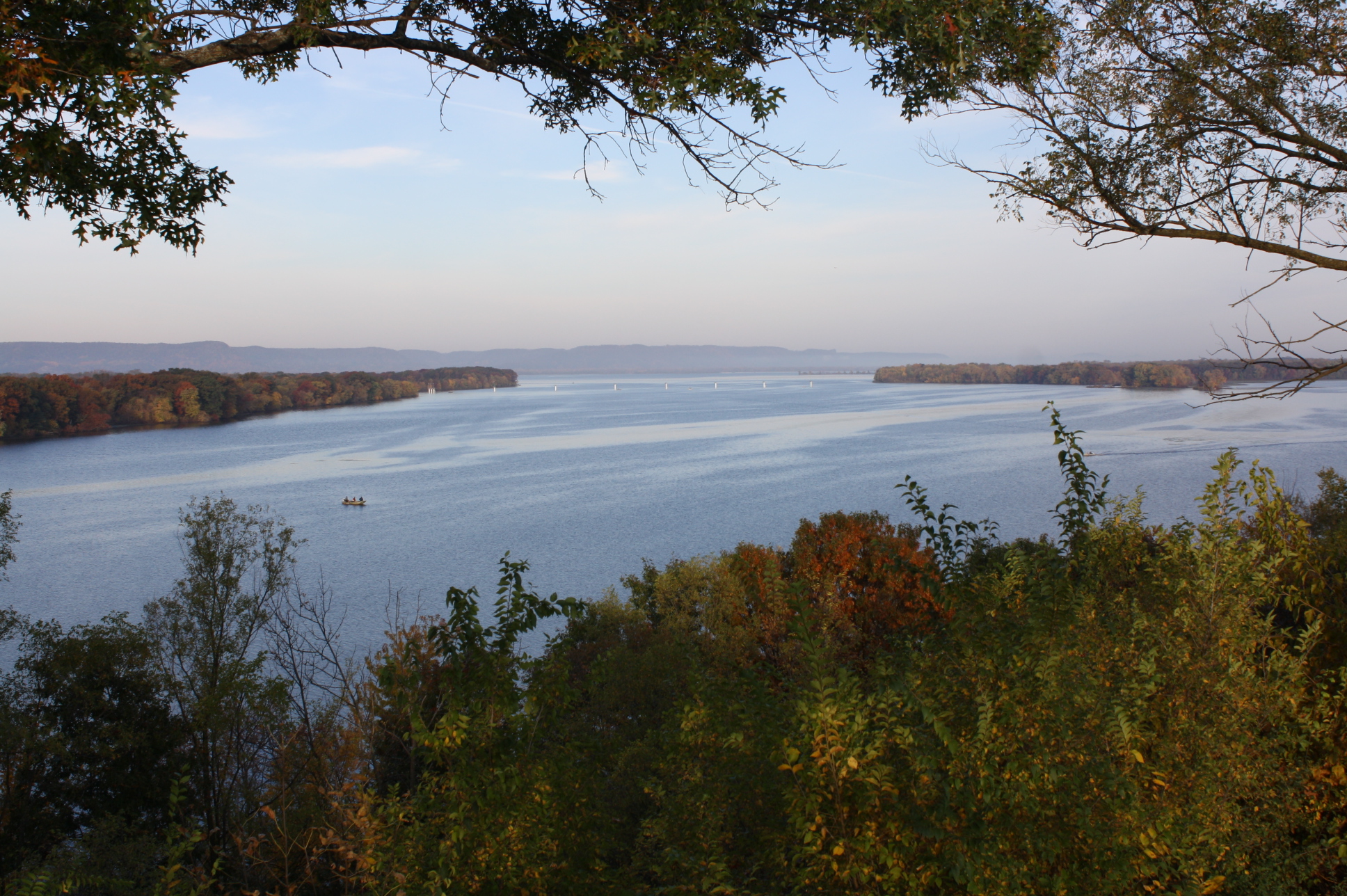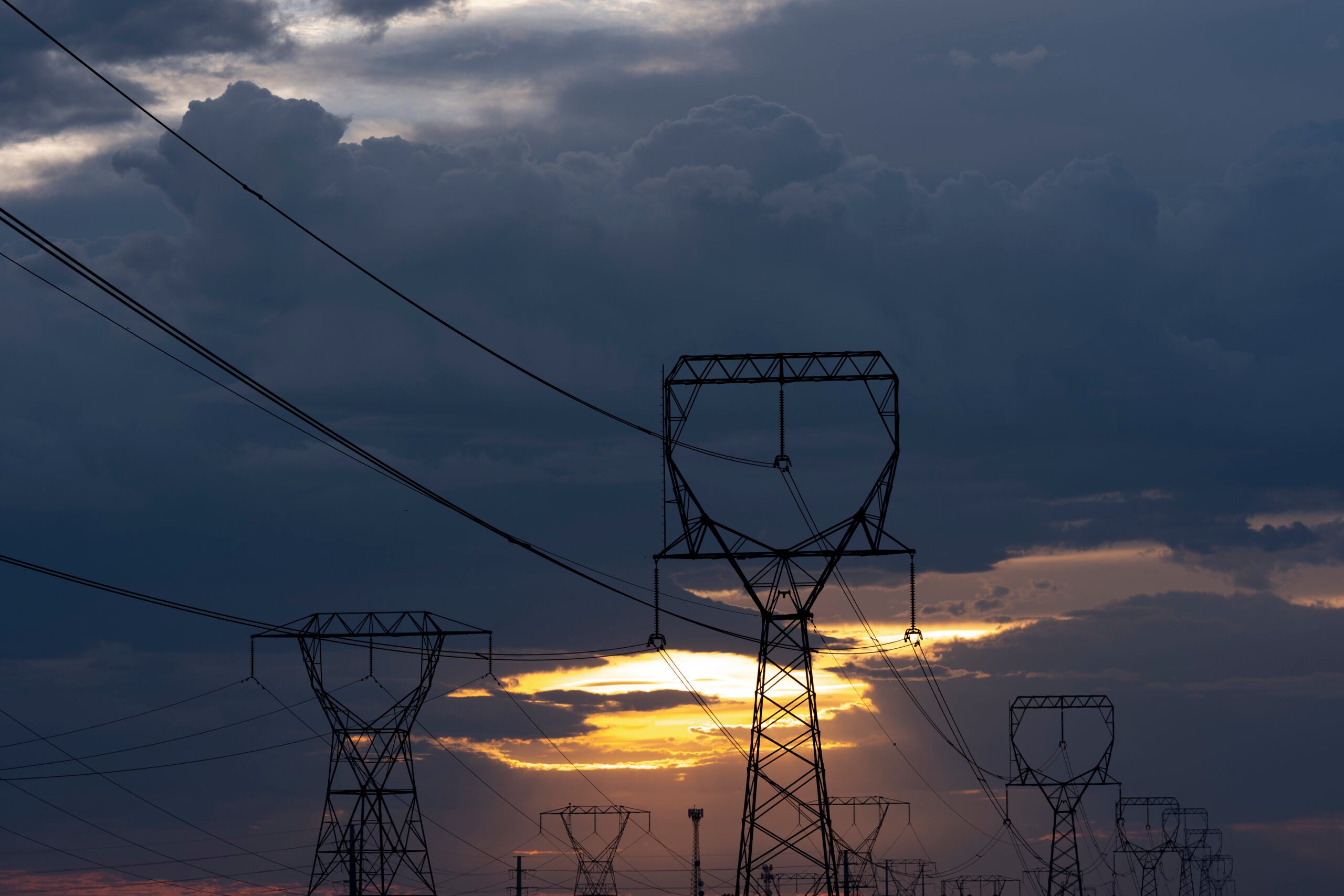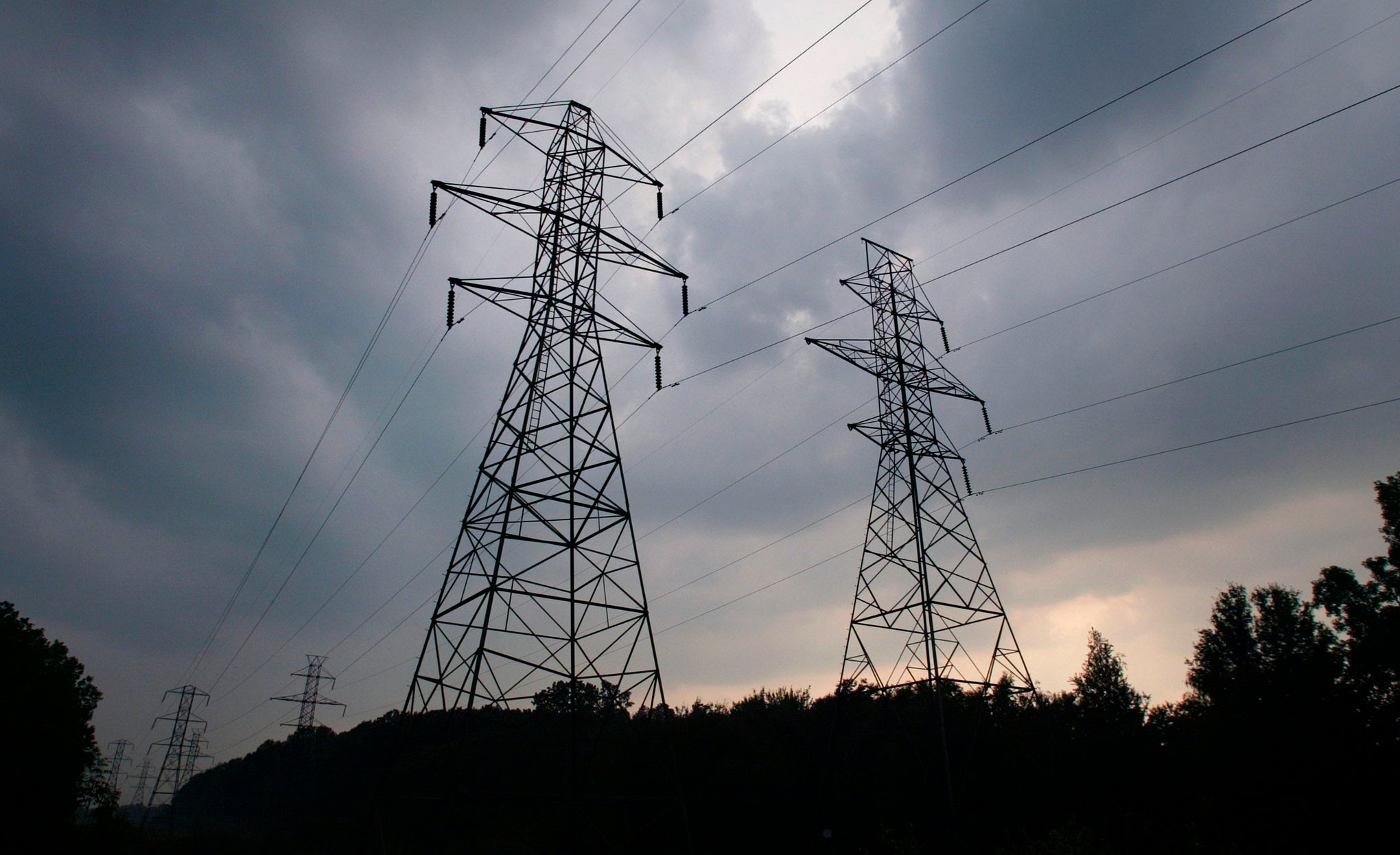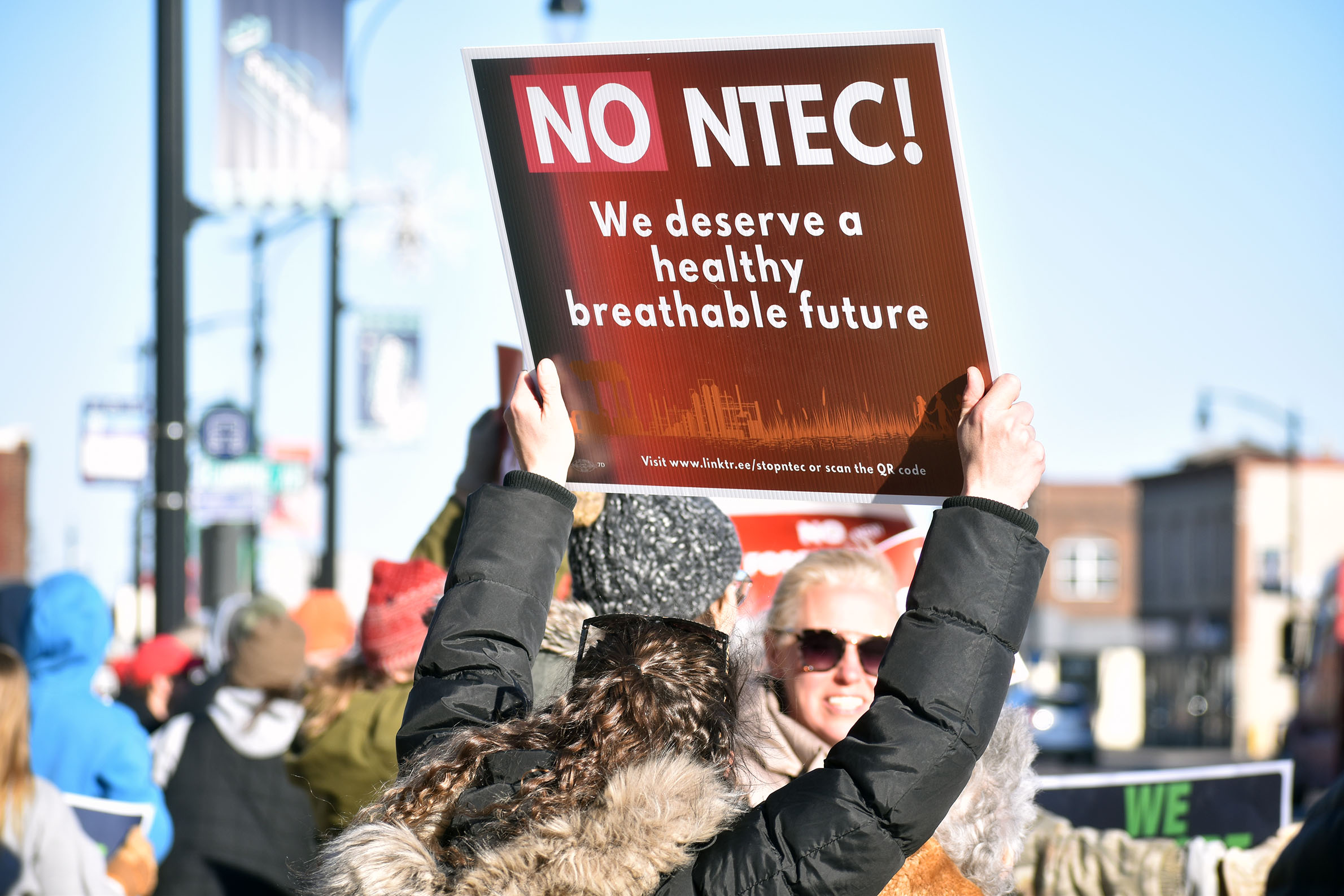A federal judge has granted a request by conservation groups to temporarily block a proposed land swap, preventing a controversial transmission line from crossing through a Mississippi River wildlife refuge.
The National Wildlife Refuge Association, Driftless Area Land Conservancy and Wisconsin Wildlife Federation sued federal agencies earlier this month to halt construction of the Cardinal-Hickory Creek transmission line.
U.S. District Court Judge William Conley granted the preliminary injunction on Thursday, extending it for now until agencies submit further information in the case. Jennifer Filipiak, executive director of the Driftless Area Land Conservancy, said she’s thankful the judge paused construction within the Upper Mississippi River National Wildlife and Fish Refuge.
“It’s just a really special place. In this case, it could set a precedent that all you need to do to cross protected lands for fish and wildlife is propose a land swap without any kind of thorough environmental review,” Filipiak told WPR. “We want these places to be to continue to be protected.”
American Transmission Co., ITC Midwest and Dairyland Power Cooperative are almost done building the nearly $650 million line that would run through the refuge near Cassville.
Utilities proposed exchanging more than 35 acres in Grant County for almost 20 acres of the refuge in Clayton County, Iowa. Conservation groups argue the Rural Utilities Service, U.S. Fish and Wildlife Service and Army Corps of Engineers violated multiple laws by signing off on the land swap and granting other approvals for the project.
In a statement, ITC Midwest and Dairyland Power Cooperative said they disagree with the judge’s ruling.
“We believe the federal agencies that granted the land exchange and issued permits for the project acted within their legal authority under federal law and their environmental review complied with the National Environmental Policy Act (NEPA),” utilities wrote.

News with a little more humanity
WPR’s “Wisconsin Today” newsletter keeps you connected to the state you love without feeling overwhelmed. No paywall. No agenda. No corporate filter.
The Cardinal-Hickory Creek transmission line runs more than 100 miles from Dane County to Dubuque County in Iowa. According to its owners, only a roughly 2-mile stretch spanning the river from Cassville to Clayton County, Iowa has yet to be built.
The ruling means the Fish and Wildlife Service is, for now, unable to close on the proposed land exchange that would have allowed utilities to begin building the line. Agencies must submit an administrative record that shows how they arrived at their decisions and final approvals for the project. Once those documents are available, parties to the case will have 30 days to respond.
Conservation groups have been trying for years to block the project’s crossing through the refuge. They say agencies violated the National Environmental Protection Act, National Wildlife Refuge System Improvement Act of 1997 and the Administrative Procedure Act.
They argued the line isn’t compatible with the purpose of the refuge, adding there wasn’t sufficient opportunity for public input on the land swap. They also contend federal environmental reviews were too narrow in scope and didn’t fully consider alternatives to crossing the refuge.
Howard Learner, executive director of the Environmental Law & Policy Center, is an attorney representing conservation groups. He told WPR that the refuge, which covers around 240,000 acres, has been designated a globally important bird area and wetland of international importance. More than 300 pairs of bald eagles nest there throughout the year, and over 290 species of birds migrate through the refuge.
“It’s a key stop on the Mississippi flyway. It’s a wonderful place in terms of wildlife habitat.(Utilities) were trying to bulldoze and build first,” Learner said.
Dairyland Power and ITC Midwest have said a federal analysis of the land exchange by the U.S. Fish and Wildlife Service found it will benefit the refuge, adding more land and providing higher quality habitat.
Half of the transmission line already came online in December. The project is now $156.8 million over budget. Utilities initially anticipated it would cost $492 million to build the project. In a filing with the Public Service Commission, they say higher expenses are largely due to inflationary cost increases and ongoing legal expenses tied to multiple legal challenges filed against the transmission line.
Sam Dunaiski, executive director of RENEW Wisconsin, said the group supported the project when it was being reviewed by the Public Service Commission. He said RENEW Wisconsin has no position on the ongoing litigation, but it’s monitoring the case to see how it affects the project.
“We would like to see more transmission, in general, incorporated into the grid because we need that to bring more large-scale wind and solar resources online,” Dunaiski said.
Utilities have said the project is vital to the region’s clean energy transition. They say litigation further delays efforts to connect 161 renewable energy projects into the regional grid that would produce 24.7 gigawatts of power.
Wisconsin Public Radio, © Copyright 2025, Board of Regents of the University of Wisconsin System and Wisconsin Educational Communications Board.







